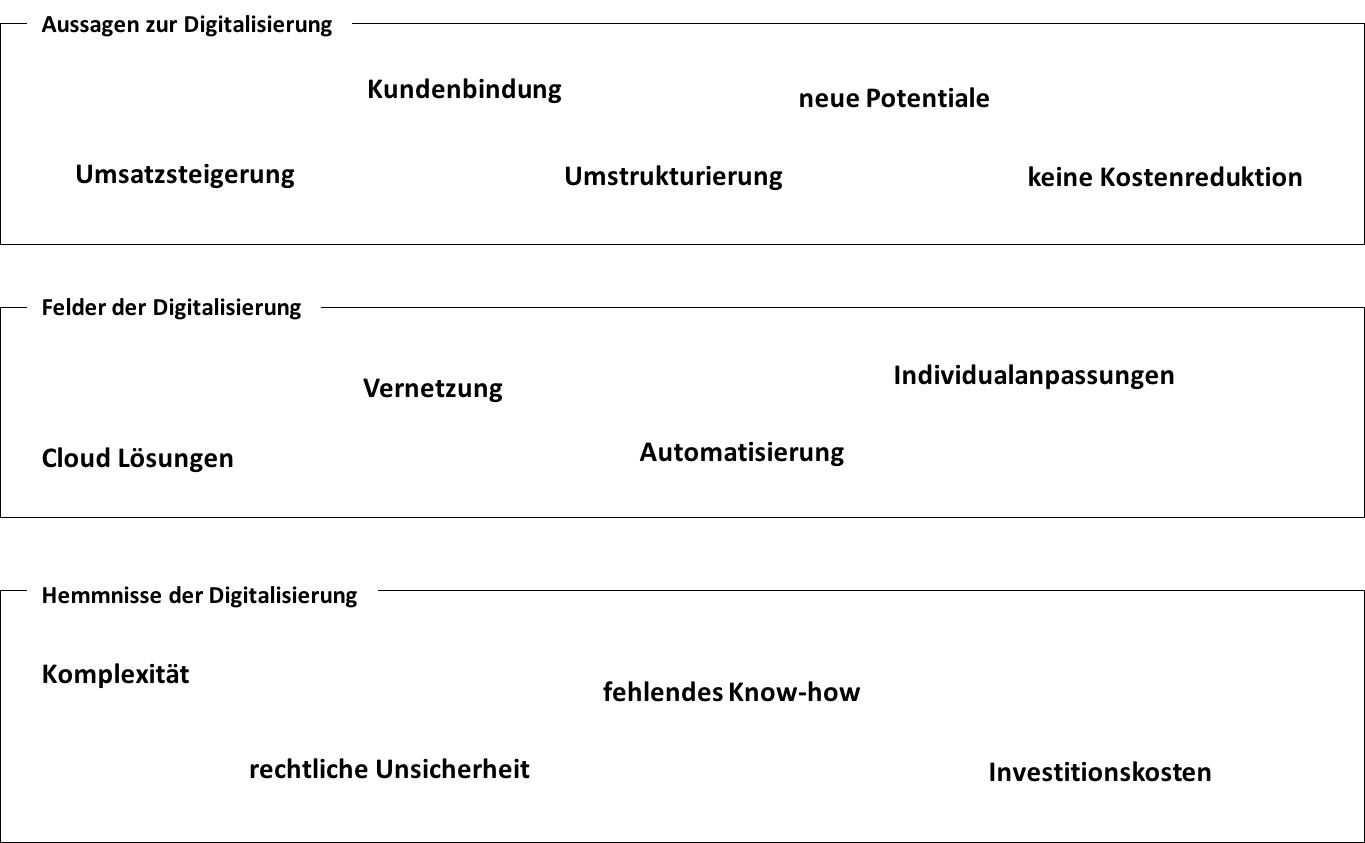The Working world is going digital and changing! But what significance will human work performance still have in the future? Does knowledge work abolish knowledge work? asks herself FAZ in an article . Also BPB notes the following: Are we witnessing a digital revolution that will soon turn our working world upside down? We cannot say for sure what our working world of tomorrow will look like, but the change is here. No one can currently say whether this change is good or bad. The world sums up the negative consequences: Digitization forces many people to work faster and brings them to the edge of exhaustion. Concern about the job is also increasing. Paradox: Nonetheless, most people think change is good. Because it also has a lot of positives like the thinkers determine: The flexibility in terms of location and time makes it easier for employees in general: commuters can, for example, do their work on the train or on the plane and private appointments can be more easily integrated into the working day.
Study: digital working world in practice
But how far is this change and how does it show itself? In order to capture the status of the topic: the digital world of work, I was with another research colleague at 24 companies between 20 and 50 employees in various industries and we took a look at digitization there. I will briefly summarize the results here.
Hardware equipment
Overall, it was found that PCs are basically available everywhere. However, the use of tablets, smartphones and laptops has increased massively. As a result, companies expect more mobile work and more flexibility.

Software equipment
It also became apparent that almost all companies are thinking about ERP systems and increasingly using software to support them. For example, the preparation of offers is replaced by a tool. However, there is currently only partial digitization. Although the tool is used to create the offer, it is still printed out and filed for administration purposes.

Fields of digitization
As a goal of digitization, the interviewed entrepreneurs named the support of employees through automation as a goal. A higher flexibility should also be achieved through cloud systems and customer loyalty should be increased through CRM systems. New potentials and increased sales were also mentioned.
Barriers to digitization
Many magazines say that companies are currently still waiting for the digital change. Most of the reasons given by the interviewed entrepreneurs were legal uncertainties, a lack of know-how, complexity and the high investment costs.

Conclusion: the digital world of work is coming!
The results of the survey clearly show that mobile technologies such as laptops and smartphones are not only part of everyday life in companies, but that tools should also become even more mobile. There is a desire to connect employees even more closely with the help of technology and to move processes to the cloud in order to make work more accessible and more accessible. CRM, document management and ERP systems are also already standard in many of the companies surveyed. Only in places are costs, complexity, a lack of know-how and legal uncertainty hurdles that still have to be overcome. For a detailed discussion of the results, read the Follow-up report on the round table: digital workplace .
[yop_poll id=”21″]
[werbung]
[fotolia]



